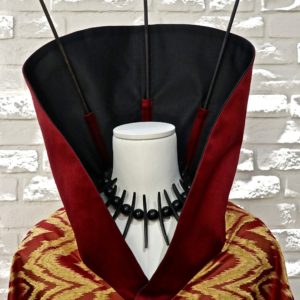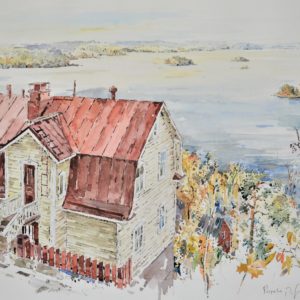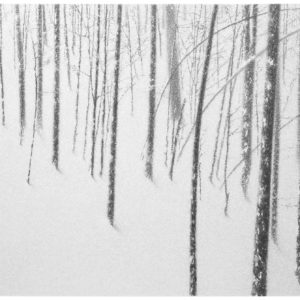Description
My photographic works of “Mirador” take the landscape and the human being moving through it as their point of departure. My preferred subject is most notably those sites and open spaces in the great outdoors or at points of urban congestion that are well-known, if not famous, as tourist attractions. The array of sites that have been photographed and their distinctly scenic forms are extensive and suitably dazzling. Their common denominator is their status as so-called recreational landscapes – people pilgrimage to these places, monopolize them with their presence, populate entire squares, and open areas because their travel guides designate them as worthwhile. The touristic behaviour of people as a social phenomenon, however, merely constitutes the thematic template, or, to be more precise, the parentheses for the content and motif of these works of photography. Well-frequented and outwardly charming locations form the visual basis for an insightful, artistic analysis of quite a different kind. The aesthetically drawn panoramas captivate us upfront as masterly composed, scenic images. They seem appealing; detailed scenes unfolding against impressive backdrops draw in the viewer’s gaze. Only upon a closer, more thorough inspection does it strike us that the natural logic that governs the arrangement of the image has been interfered with; legitimate doubts arise. By now, the concept of the works has become apparent: the pictures are not single exposures of disparate scenes, but rather several coincident views contained in one image. I photograph count- less consecutive shots from one and the same perspective, and piece these together to form a single new image. People are doubted, tripled, and multiplied, and, thus, move through the image, its indigenous motif – the landscape – preserved intact by my editing. The image of the landscape becomes a stage upon which the gures act. Through the condensation of the image, their movements and directions of drift manifest them- selves. The scenic tableau is not a ctional place here, despite the interference, since the parallel pieces of the image still touch upon a found reality to which the photography preserves a reference. The documentary photography of touristic destinations provides the background before which I expand upon conceptual issues and questions of content that highlight photography as a medium and re ect upon its idiosyncrasies from a contem- porary point of view. My works broach the relation- ship between reality and ef gy in subtle ways, or rather, the reality that the photographic image promises, which has been prone to disturbances even before the invention of digital image genera- tion. At the same time, my work provoke a complete rede nition of visual space and time, points of reference that been long left unchanged in classical photography.




